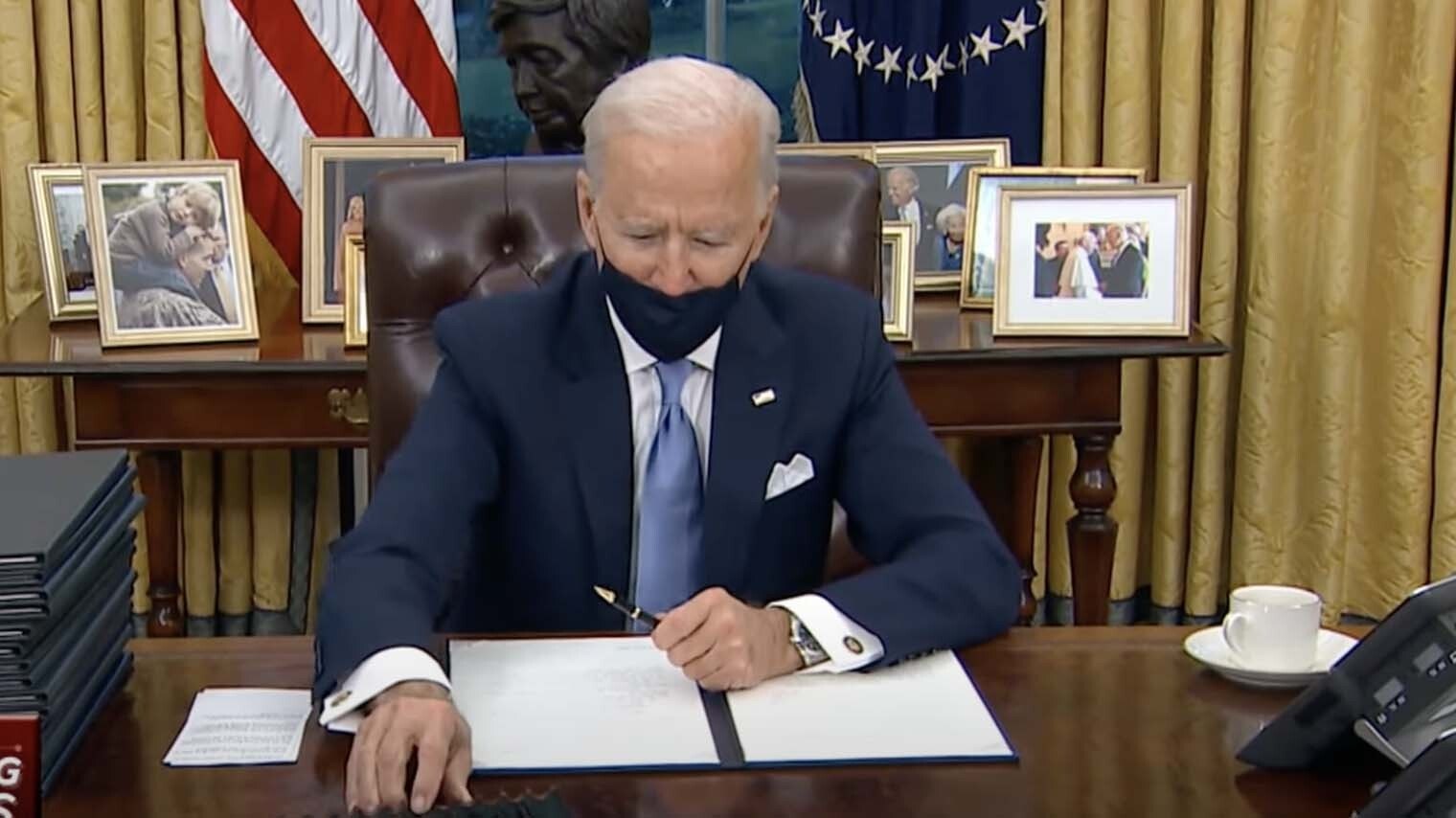A University of Wyoming law professor explained that President Joe Biden’s vaccine mandate for large employers is likely constitutional, but for a particular reason.
Michael Duff, a law professor who focuses on labor law, torts, evidence and workers’ compensation law, told Cowboy State Daily on Thursday that it was difficult to assess whether or not a vaccine mandate created under an emergency temporary standard is constitutional until the precise language is known.
Biden last week announced that federal workers, health care workers and employees at companies that employ more than 100 people will have to be vaccinated against coronavirus or be tested for the illness weekly. The federal Occupational Safety and Health Administration will be responsible for levying fines against companies that do not comply with the mandate.
By providing the option for testing or vaccination, Biden’s mandate may meet constitutional muster, Duff said.
“But if employers have the vaccine or testing option, any rule I can imagine will be constitutional,” Duff said. “Without that safety valve there could be a real problem as to what sanction could be imposed on employers who failed to comply with the mandate. The government could be in a bind in such a situation.”
He added that if the sanctions are not significant, employers may not comply with Biden’s mandate. However, if the sanctions are severe, employers may have hearing rights if they have attempted, without success, to require vaccinations among their employees who still refused to be vaccinated.
“Tricky legal issues would surface if employers felt compelled to fire non-cooperating employees,” Duff said. “Though I think the standard will likely be constitutional with the testing safety valve, my suspicion is that whatever the ETS looks like some employers (or groups) will challenge it in court.”
Duff explained that with an emergency temporary standard, OSHA doesn’t have to go through the full rule-making process to implement the new rules.
“Once issued, an ETS becomes effective and OSHA must begin rulemaking for a permanent standard, with the ETS serving as the proposed standard,” he said. “An ETS is valid until superseded by a permanent standard, which OSHA must promulgate within six months of publishing it in the Federal Register.”





